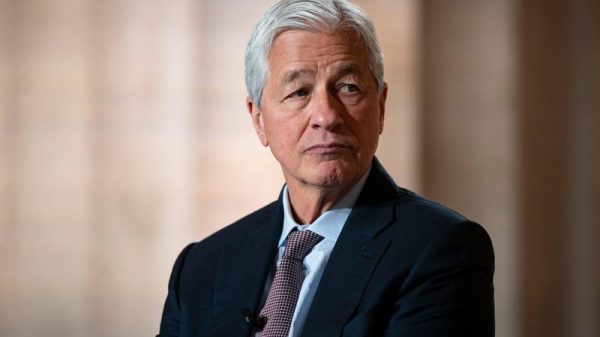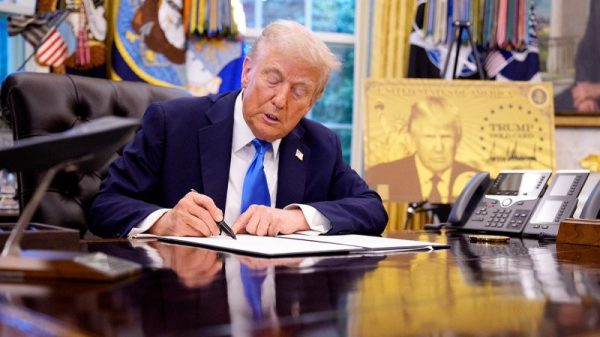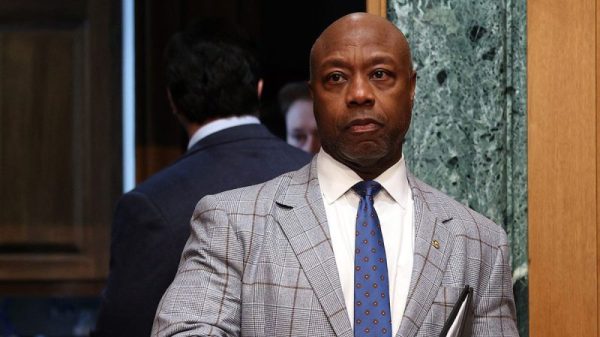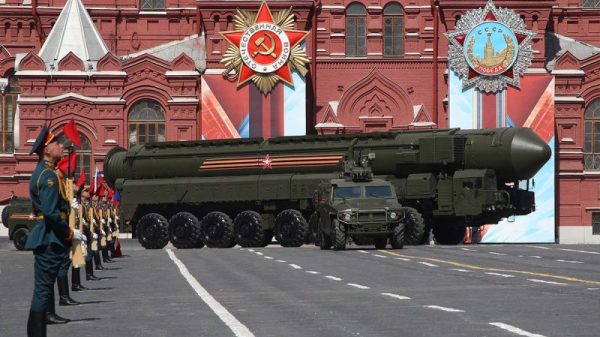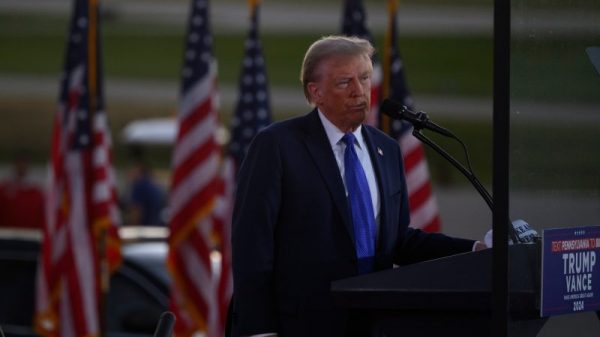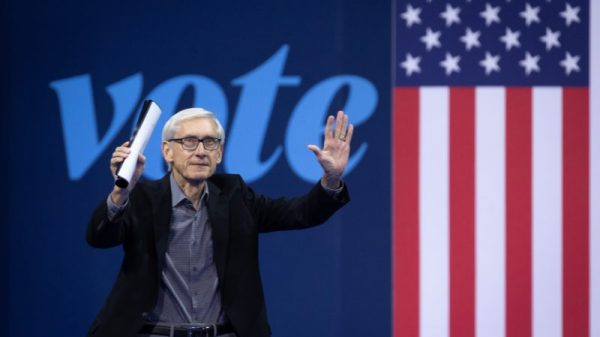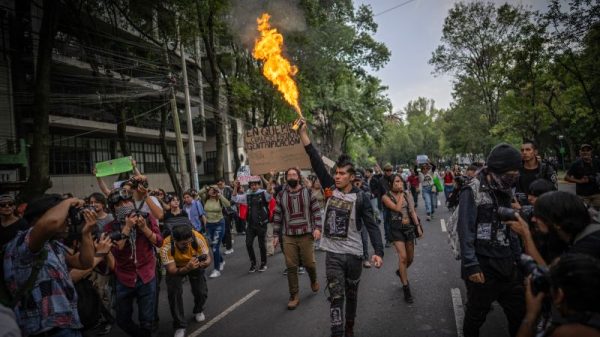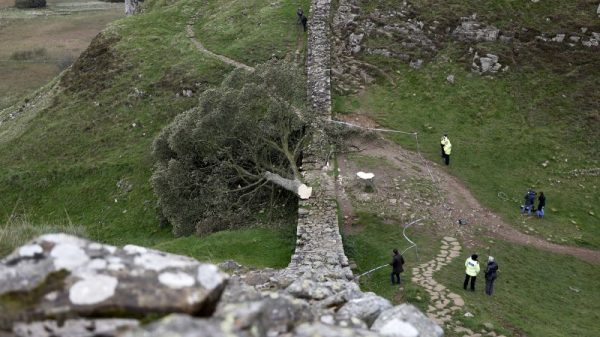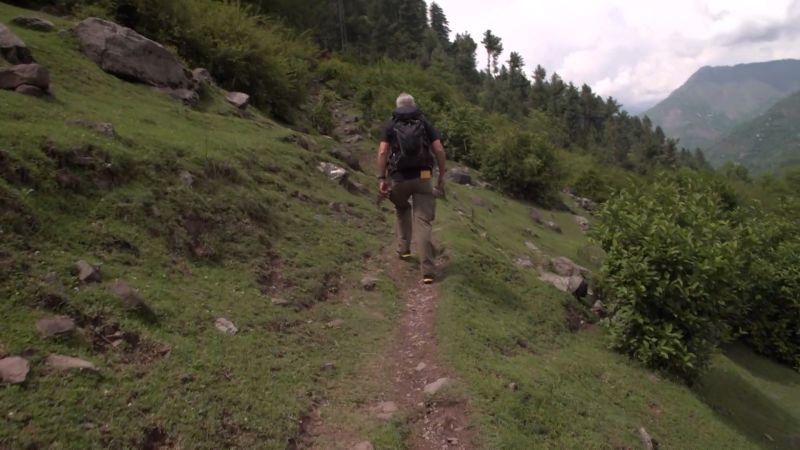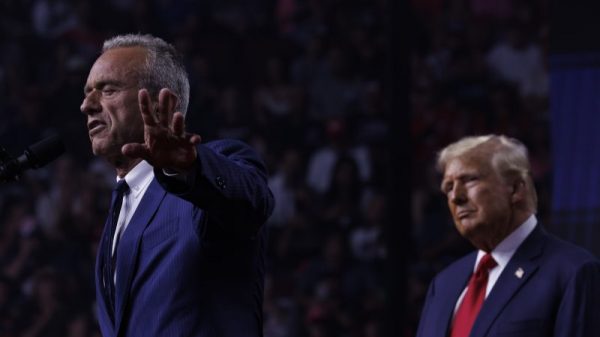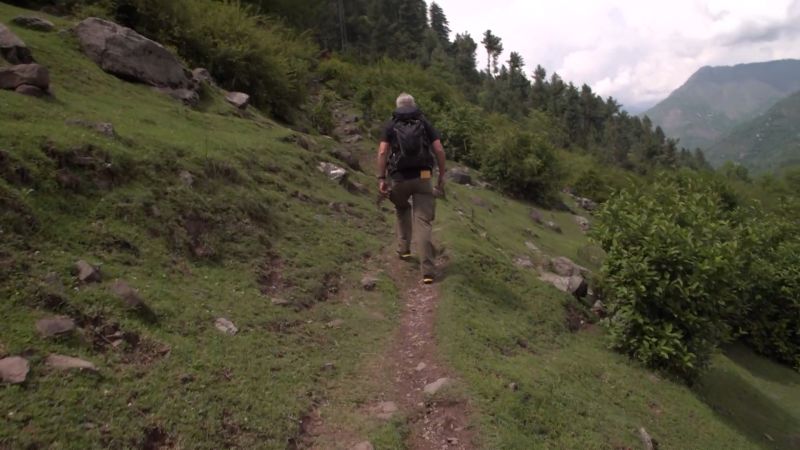
Malik Khadim’s lips tremble, his voice chokes and his head dips as he raises a hand to his grief-stricken face. It’s a vain effort to stem the tears gushing down his gaunt and weatherbeaten cheeks.
Khadim is a farmer who lives on the Pakistani side of the de-facto border in the disputed Kashmir region known as the Line of Control, or LoC, between India and Pakistan. As so many civilians on both sides of this conflict have done, he is currently grieving the loss of a loved one. In this case, his brother.
Two weeks ago, gunmen stormed a mountain resort in the Indian controlled part of Kashmir killing 26 people, mostly Indian tourists. The killings sparked widespread public revulsion across India and this already heavily militarized remote border region has been on edge ever since.
Both Khadim and Farouk’s son deny that allegation, saying that he was, like them, an impoverished farmer, chasing cattle who strayed toward the unmarked and unfenced LoC in the nearby forest.
In response to the tourist massacre, India’s Prime Minister Narendra Modi vowed to chase the “terrorists” to “the ends of the earth.” India was quick to blame Pakistan, Pakistan denied involvement, and tensions have mounted since.
Both sides have expelled each other’s diplomats and civilians, as well as closed airspace to each other’s airlines. India has also withdrawn from the 1960 Indus Water Treaty that has tempered the tempestuous relations here for decades.
Officials on the Pakistani side of the border have said they expect India to attack and vow, as a matter of “military doctrine,” to respond.
The current language in Islamabad is tougher than this reporter remembers when here covering the Kargil War of 1999. That high-altitude, monthslong border battle, just one of several wars and skirmishes over Kashmir, killed more than a thousand troops, according to the most conservative calculations, the year after Pakistan joined India in becoming a nuclear armed nation.
In the words of a senior Pakistani security official, now is “the moment” to change the dynamic in relations with India, as political relations with New Delhi have at times improved but military attitudes have toughened in recent decades.
Boulder-strewn tracks at altitudes of more than 10,000 feet threaded through snowfields, around fresh rock falls and through forests of the towering native Deodar cedar tree. At times, their giant trunks appeared to offer the only potential salvation from one wrong move and a plunge over terrifyingly precipitous drops into raging rivers below.
Just a few hours of this bone-jarring journey are enough to understand why neither Pakistan nor India have ever claimed a decisive victory here. It is just too rugged for an easy win.
Yet both nations want this region, to control all the water that torrents down from its snowcapped peaks. And, despite the challenging terrain, several million people split across the LoC call this disputed land home.
Life is hard here: Elderly women and children haul huge bundles of sticks off the vertiginous slopes; rudimentary farms elbow for room among the mighty Deodar; and meager villages cling to the hillsides where skinny water buffalo, a prized procession here, scavenge for grass.
Another villager told us that his extended family has taken to living in one house, adding that: “(the) elderly, children and women are incredibly scared we want to take our livestock to pasture but the Indians shoot… it’s our only livelihood… and we have nowhere else to go.”
Khadim, who is 55 and was born in Sarjiwar, said the whole village is increasingly on edge, adding that residents want to take their few cattle to summer pastures – as they normally would at this time of year – but can’t because they fear being shot by Indian troops.
India has long accused Pakistan of harbouring militant groups who have conducted attacks inside its territory and not doing enough to crack down on them. And there is significant public pressure on Prime Minister Modi to respond to the latest massacre with force.
After a major insurgent attack on paramilitary personnel inside Indian-administered Kashmir in 2019, Modi did just that with India conducting airstrikes inside Pakistan for the first time in decades and both sides fighting a brief dogfight in the skies above Kashmir. After frantic international diplomacy, a full-scale war was ultimately averted.
Civilians here fear that today’s war of words between Islamabad and New Delhi will soon erupt into real conflict. On both sides of Kashmir’s line of control, people feel powerless as their politicians rehash old arguments, potentially reigniting decades of smoldering resentment.










